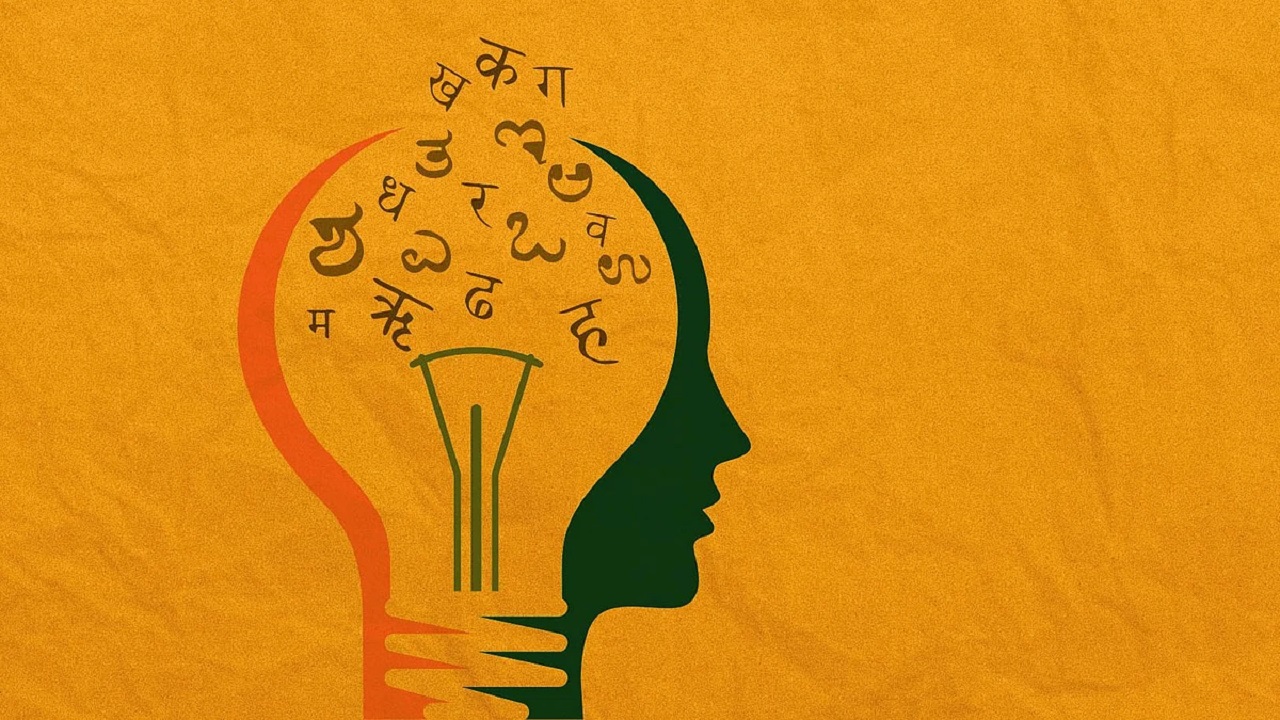Context:
On August 5, 2019, Prime Minister Narendra Modi announced the abrogation of Article 370, ending the special status of Jammu and Kashmir. Subsequently, Parliament exercised its powers under Article 3 of the Constitution to withdraw statehood from Jammu and Kashmir, creating two Union Territories.
Background:
“With the abrogation came security, dignity, and opportunity for women, youth, backward, tribal, and marginalized communities who were previously deprived of the benefits of development. At the same time, it has ensured that corruption, which plagued Jammu and Kashmir for decades, has been kept at bay,” Prime Minister remarked recently.
Key takeaways:
- Five years later, after the Supreme Court affirmed the constitutionality of the process, two questions loom:
- Did the abrogation achieve its intended goals?
- What is the way forward to bridge the democratic deficit in the Union Territory?
- On the economic and governance fronts, there have been gains. Last-mile delivery of services has improved, with over 1,000 public utility services digitized.
- Major projects under the Prime Minister’s development package are either completed or nearing completion, and investments worth an estimated Rs 6,000 crore have been realized.
- Tourist visits to the Union Territory increased from 3.4 million in 2020 to 21.1 million in 2023, with the first half of 2024 witnessing a 20 percent increase over the previous year.
- On the security front, peace has largely prevailed in the Valley, though it has been maintained more through strong-arm tactics than by winning hearts and minds.
- Recently, however, the nature and focus of the conflict are shifting, with infiltrators from across the border becoming more active in the Jammu region.
- Despite the detention of several elected leaders in August 2019, the people of Jammu and Kashmir have demonstrated their faith in the democratic process.
- In the 2024 general election, voter turnout reached 58.6 percent— the highest in 35 years—during an incident-free poll. Nevertheless, politics remains the most significant work in progress.
Way forward:
- Too often, the security situation has been cited as a roadblock to restoring statehood. It is crucial to recognize that viewing democracy and security as mutually exclusive is narrow and limiting.
- While restoring statehood undoubtedly requires a calibrated approach, it is a process that must commence swiftly, with clear timelines.
- The Supreme Court’s September deadline to hold elections could serve as a starting point.
- Only through active involvement of the people in the governance process can alienation be effectively addressed.
.jpg)



Comments (0)